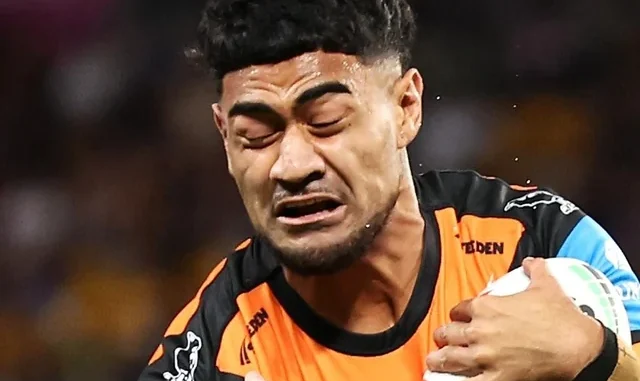
**Reckless Over-Speeding Under the Influence: A Sobering Reminder**
Driving under the influence of alcohol is a serious offense that puts lives at risk. Pairing intoxication with over-speeding compounds the danger, creating conditions ripe for disaster. Such incidents continue to claim countless lives, and yet, cases persist, including those involving high-profile individuals like athletes, who should be role models for society.
**Understanding the Risks of Alcohol and Speeding**
Alcohol impairs judgment, reduces reaction time, and diminishes the ability to make rational decisions. When a driver exceeds the speed limit while intoxicated, the ability to control the vehicle is severely compromised. Even minor errors in judgment can escalate into fatal accidents. Over-speeding amplifies the force of collisions, increasing the likelihood of severe injuries or fatalities.
Studies consistently highlight the dangers of combining speeding with alcohol consumption. The World Health Organization reports that alcohol contributes to approximately 27% of global road traffic deaths. Furthermore, speed is a leading factor in crashes worldwide, with higher velocities reducing the effectiveness of protective measures like seatbelts and airbags.
**A High-Profile Case: Lessons from Sports Figures**
In the world of professional sports, athletes are often placed on a pedestal. They serve as role models for millions, particularly young fans. When a public figure is implicated in a reckless act like drink driving and speeding, the impact extends beyond their personal life—it tarnishes their reputation and influences societal attitudes.
In such cases, strict penalties are warranted not only to deter the individual but also to set an example. Suspension from professional activities and legal consequences like license revocation, fines, or imprisonment send a clear message: no one is above the law. These measures also emphasize the gravity of the offense, urging others to rethink their behavior.
**The Importance of Accountability**
Legal consequences for over-speeding while intoxicated should be stringent to serve as a deterrent. While punitive measures are necessary, rehabilitation programs should also be integral to the process. Education on responsible drinking, the impact of reckless driving, and counseling for addiction can address the root causes of such behavior.
Sports organizations and governing bodies play a pivotal role in promoting accountability. Enforcing strict codes of conduct and offering educational programs on the risks of impaired driving can encourage athletes to make better choices. Additionally, public figures involved in such incidents could use their platform to advocate for road safety, turning their mistakes into opportunities to create awareness.
**Moving Forward: Preventing Recurrence**
To curb incidents of speeding under the influence, a multifaceted approach is essential. Governments must enforce strict laws and ensure their consistent application. Community-based initiatives, including campaigns like “Don’t Drink and Drive,” can educate the public about the risks. Furthermore, promoting alternatives like ride-sharing or designated drivers can provide practical solutions for those who consume alcohol.
Technology also plays a role in prevention. Devices such as ignition interlocks, which prevent vehicles from starting if the driver’s blood alcohol concentration exceeds a set limit, can be effective. Speed limiters and automated systems like lane departure warnings or emergency braking further enhance safety on the roads.
**Conclusion**
Reckless over-speeding under the influence of alcohol is not just a personal failing but a societal issue with devastating consequences. Public figures involved in such acts face heightened scrutiny and carry a greater responsibility to set an example. By addressing the root causes and enforcing strict penalties, society can work toward safer roads and prevent further tragedies. The message must be clear: no thrill or convenience is worth the cost of a life.
Leave a Reply